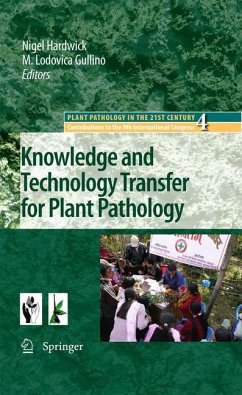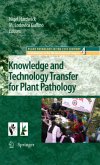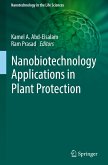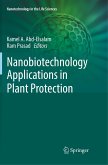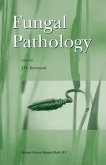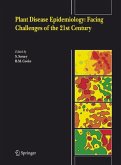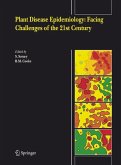This book contains fuller versions of the papers and posters presented in the Knowledge and Technology Transfer and Teaching Plant Pathology sessions at the 9th International Congress of Plant Pathology held in Turin, Italy in 2008. Communication is an essential area for plant pathologists and it is not just the publication of results in the scientific press that is important. In a world where there is a major shortage of food and where a significant amount of it is destroyed by pests and diseases before it ever reaches the consumer, it is important to provide support to those who produce the food in order to reduce the losses. Reducing crop losses not only has an impact on health, but also wealth and, therefore, the ability to survive. With an ever-increasing demand on food supplies due to increases in population, and changes in life-style associated with rising incomes in certain parts of the world, plant pathologists have a pivotal role to play in contributing to global food security. Aspects of crop protection have lost favour with the general public because of concerns about environmental pollution and genetic modification of crops. This has had a 'knock on' effect in the recruitment and training of crop protectionist in g- eral and a concomitant impact on courses available at universities. However, it has never been more important to train people with good communication skills and an ability to solve problems to tackle the complexities of pathogen and plant interactions.
From the reviews:
"Volume 4 ... with only 9 papers, addresses Knowledge and Technology Transfer for Plant Pathology. ... They bring together a summary of work across the whole field of plant pathology ... . They thus enable specialists to see their specialism as part of an integrated whole, and for students and those at the start of their careers they provide an invaluable summary of what is going on, who the key players are and where the knowledge lacunae lie." (David Ingram, Food Security, Vol. 3, 2011)
"Volume 4 ... with only 9 papers, addresses Knowledge and Technology Transfer for Plant Pathology. ... They bring together a summary of work across the whole field of plant pathology ... . They thus enable specialists to see their specialism as part of an integrated whole, and for students and those at the start of their careers they provide an invaluable summary of what is going on, who the key players are and where the knowledge lacunae lie." (David Ingram, Food Security, Vol. 3, 2011)

